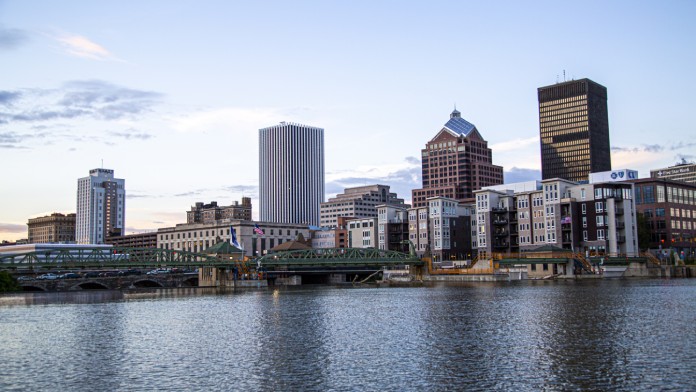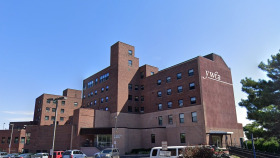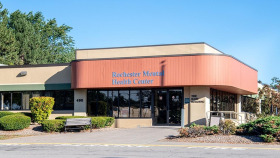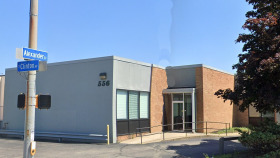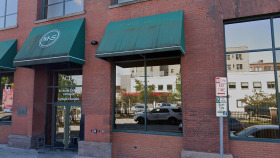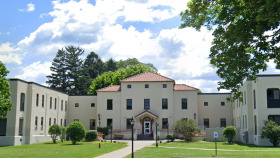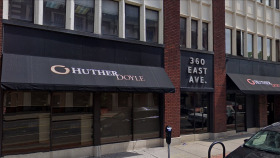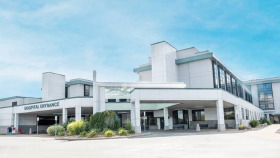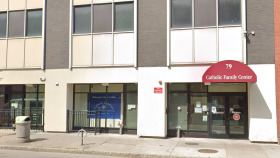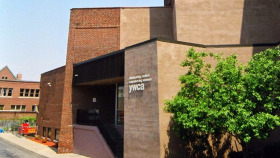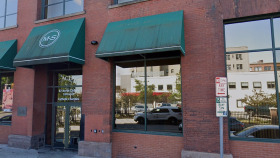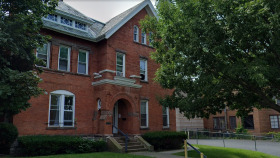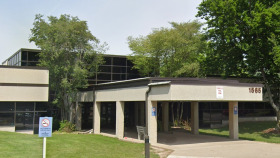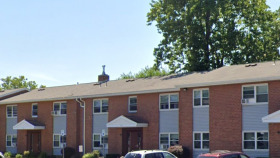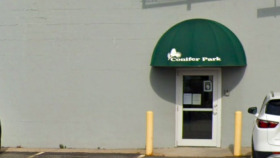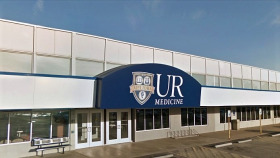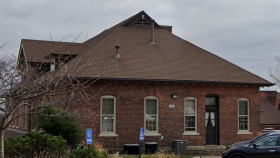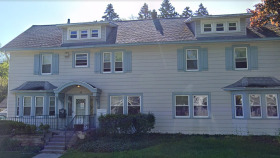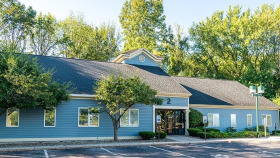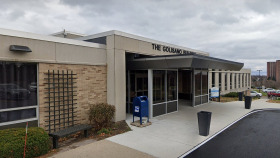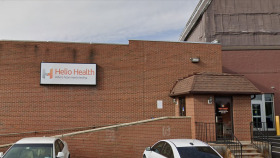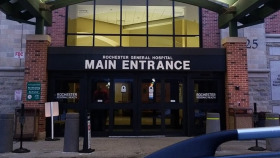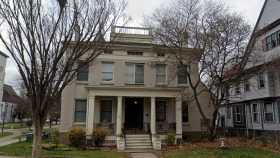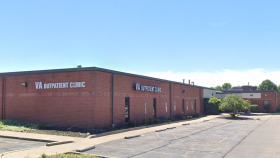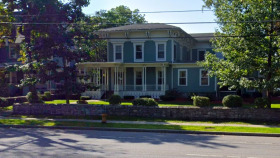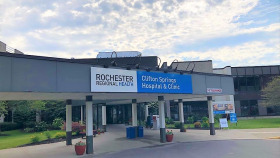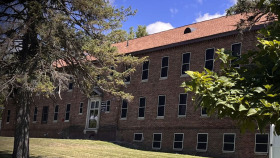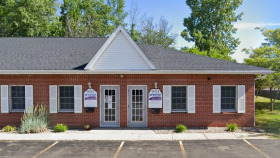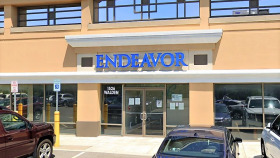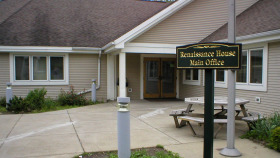Expert Insights
I ran across a very interesting article about a gym in Rochester, New York, that is tackling addiction recovery in a very unique way. Addiction continues to plague New York, much like the rest of the country. But one Rochester gym is using fitness to aid his journey through recovery. He believes that the road to a healthy lifestyle is also a road that leads to lasting recovery. Joseph Berry puts in hours of sweat and pain in the gym as a way to empower himself and his recovery. After having so much success, he began a class called Recovery Fitness. Every Saturday, the gym is a safe haven for those in recovery. To use the facility and join the workouts, people only need to have 48 hours of sobriety. This is such an inspirational and unique way to help people. I thoroughly support the program and everything it stands for. After all, healthy body, healthy mind, healthy recovery.
~ Olivia Pennelle
How Expensive is Drug Rehab in Rochester?
The cost of rehab depends on various factors, such as:
The level of care you need
What amenities the facility offers
The duration of treatment
Your financial situation
Whether the center accepts your insurance
Where the rehab is located
Many people utilize other means to cover the cost of care, aside from self-pay. One way to self-fund your rehab would be to create a crowdfunding campaign, asking benevolent people online and within your social group to contribute a small amount towards your rehab. Another way would be to look for a medical loan company or rehab that offers payment plans.
How Does Rochester Compare in Alcohol and Drug Use?
Located in New York’s Monroe County, the city of Rochester has seen an increasing trend of drug overdoses in recent decades. If you are one of the many people affected by drugs and alcohol in Monroe County, there are many options for alcohol and drug rehab in Rochester that can help.
In 2020, there were approximately 258 fatal drug overdoses in Monroe County. This marks a 214% increase since 2015. Here are some more disturbing trends regarding drug and alcohol use in the county:1
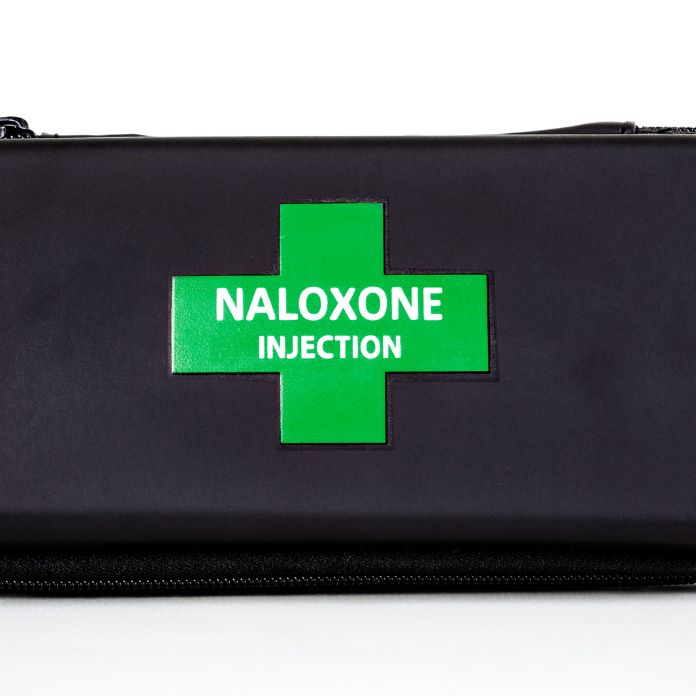
From 2015 to 2020, there was a 214% increase in fatal overdoses.
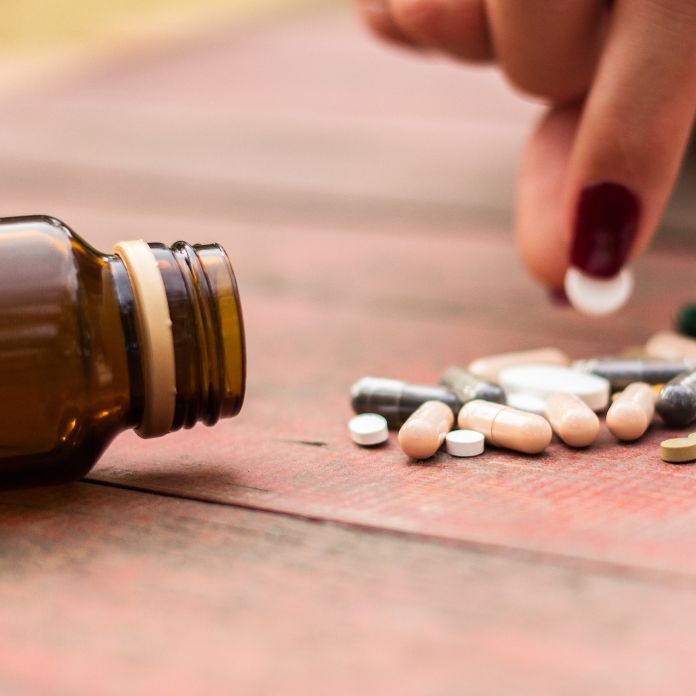
In 2020, there were approximately 258 fatal drug overdoses in Monroe County.
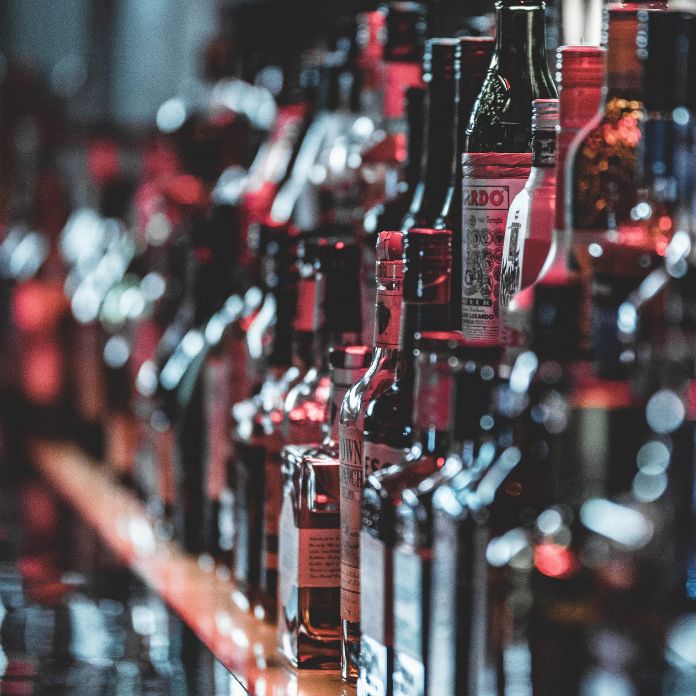
The rate of alcohol-induced overdose deaths doubled during the same time.
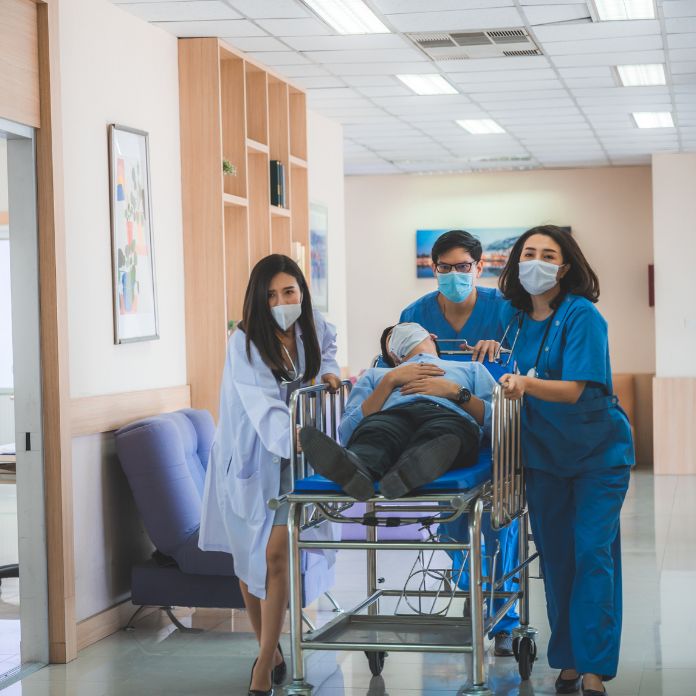
Monroe County had the eighth-highest overdose rate in New York in 2020.
If you’re one of the many people suffering from addiction, don’t become a statistic. There are rehab centers across Rochester and the entire state to help you.
Drug and Alcohol Laws in Rochester
New York has a wide range of policies, laws, and programs designed to combat drug and alcohol-related crime and death.
Opiate Courts: To help prevent the local jail system from being overwhelmed with people who’ve committed minor drug-related offenses due to the influence of opiate addiction, New York has created a unified opiate court system.11 This system facilitates the processing of people charged with minor crimes through an addiction rehabilitation program, coordinates mental health and addiction care, and works to improve overall incomes for people driven to commit crimes in the pursuit of opiates.
Alternatives to Incarcerations (ATI) Programs: Another program created to reduce the burden on the jail population due to drug-related crimes, ATI programs, helps place people into rehab instead of jail. There are 165 ATI programs across the state, each offering:12
- Pretrial services
- Mental health care
- Defender-based advocacy
- Community support programs
- Drug and alcohol rehab services
911 Good Samaritan Law: Designed to increase the number of calls to emergency services for help with an overdose, the Good Samaritan law provides some legal protection to the person calling if they’re using or in possession of drugs.13
Resources
- Center for Disease Control. (2022). CDCWonder.
- Substance Abuse and Mental Health Administration. (2022). Treatment Locator.
- Centers for Medicare & Medicaid Services. (2022). Eligibility.
- Center for Substance Abuse Treatment. Substance Abuse: Clinical Issues in Intensive Outpatient Treatment. Rockville (MD): Substance Abuse and Mental Health Services Administration (US); (2006). Chapter 3. Intensive Outpatient Treatment and the Continuum of Care.
- Substance Abuse and Mental Health Services Administration. (2022). Medication-Assisted Treatment.
- Substance Abuse and Mental Health Services Administration. (2022). Methadone.
- Substance Abuse and Mental Health Services Administration. (2022). Buprenorphine.
- Substance Abuse and Mental Health Services Administration. (2022). Naltrexone.
- New York State Department of Health. (2022). New York State’s Opioid Overdose Prevention Program.
- National Alliance on Mental Illness. (2022). Antabuse.
- National Alliance on Mental Illness. (2022). Acamprosate.
- New York State Unified Court System. (2022). Opioid Courts.
- New York State Department of Criminal Justice. (2022). Alternatives to Incarceration (ATI) Programs
- New York State Department of Health. (2022). 911 Good Samaritan Law.

